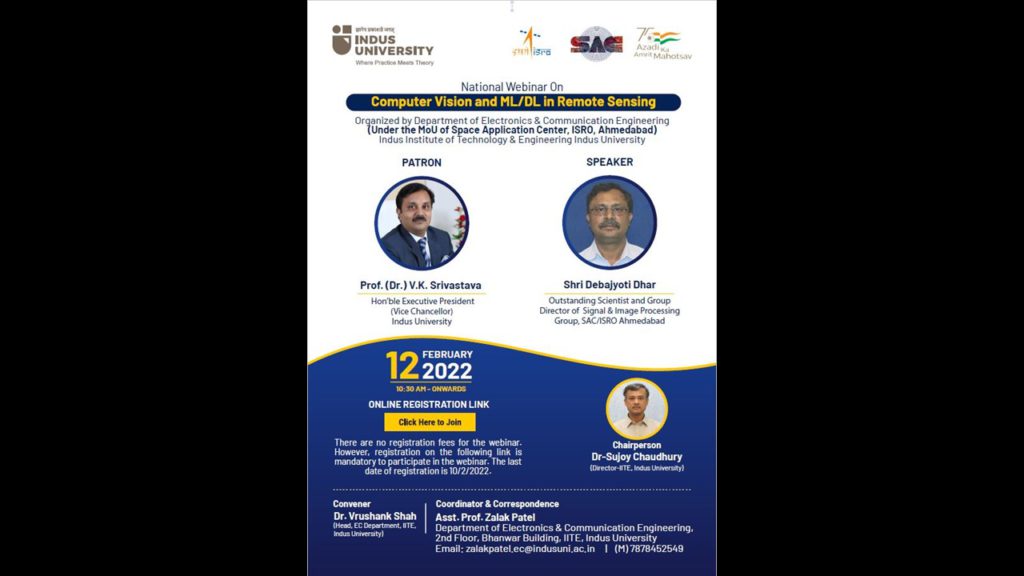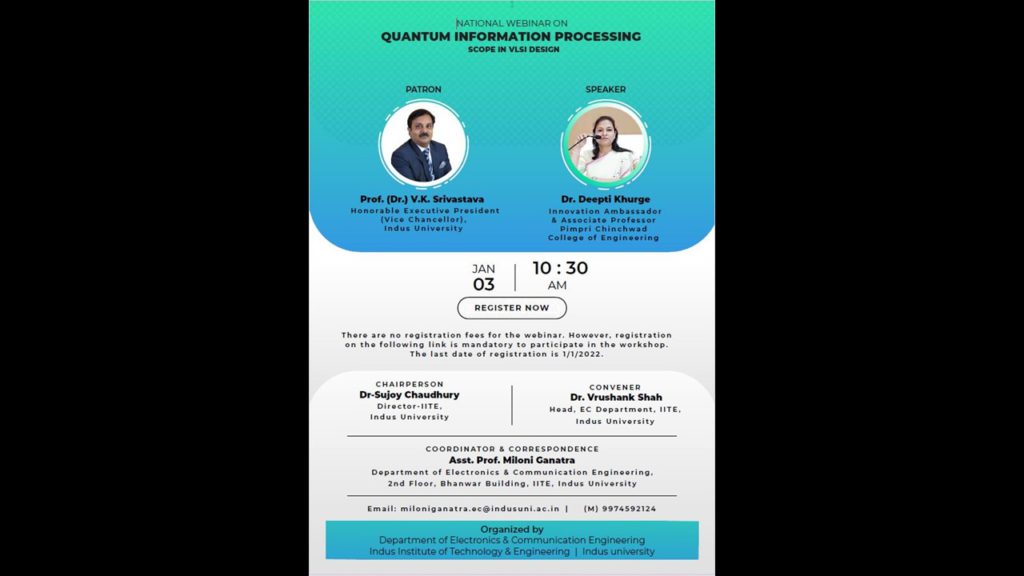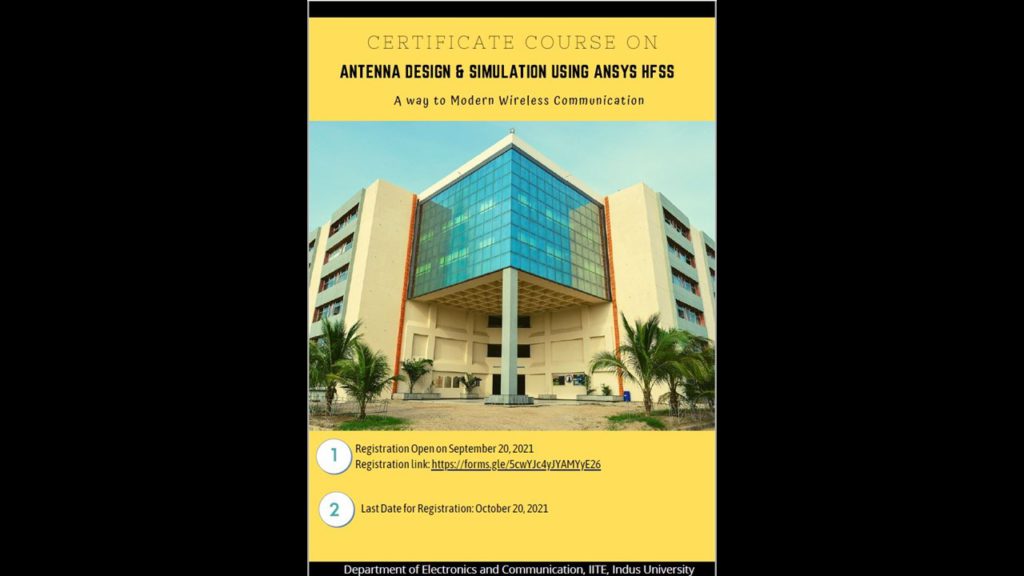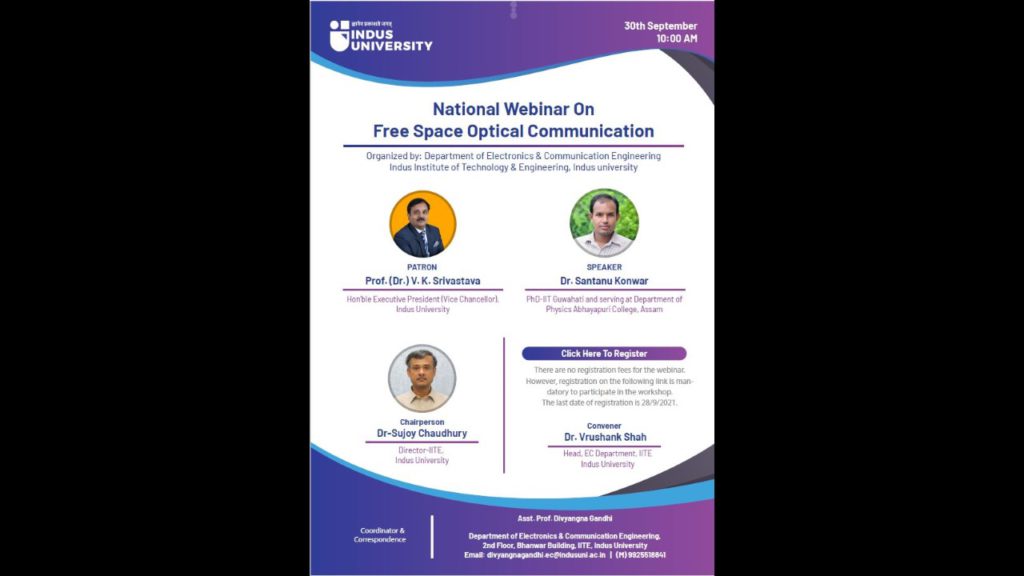Laboratories – Electronics & Communication Engineering
The importance of Electronics & Communication is prominently evident today in the evolution of consumer and industrial electronics that has undergone a sea-change. The department aims to produce electronics & communication engineers, who will combine academic excellence with practical expertise.
To achieve this aim, well-equipped laboratories, central and departmental libraries are set up to support students throughout their studies. The academic courses cover fundamental and vital areas in the importance of electronics, relevant to both Industry and Research. Faculty and students are encouraged to carry out research and industry-oriented projects.
Instrumentation & Control
This laboratory has the objective to familiarize the student with the operation of basic laboratory instrumentation such as energy meter, multimeter, frequency counter, voltmeter, ammeter, and also with personal computers and circuit simulators such as Pspice. Another goal is to re-enforce theoretical knowledge with practice and vice-versa, and also to learn correct laboratory procedures and techniques. This is accomplished by building, testing, and taking measurements on simple circuits. In the lab, students have “hands on” experience on how to correctly connect circuits, and how to use the various laboratory equipment for the desired measurements & testing.
Electronics & Communication
This laboratory deals with the analysis and manipulation of signals. Signals can be either analog, in which case the signal varies continuously according to the information, or digital, in which the signal varies according to a series of discrete values representing the information. For analog signals, signal processing may involve the amplification and filtering of audio signals for audio equipment or the modulation and demodulation of signals for telecommunications. For digital signals, signal processing may involve the compression, error checking, and error detection of digital signals. Equipment like DSOs, CROs, function generators, and communication trainer kits are available in this laboratory.
Signal Processing & Simulation
This laboratory takes care of the understanding and hands-on training of various signal processing techniques and algorithms. It provides ample opportunities for a student to understand various projects of many signal processing techniques. Students are encouraged to develop algorithms and implement them both in MATLAB and DSP Processors. In addition to the above-mentioned functions, this laboratory also facilitates students to carry out minor and major projects in the area of signal processing.
Antenna & Microwave
This laboratory gives exposure to antenna design and circuits operating at RF or higher frequencies. Microwaves today affect everyone. When we make a telephone call across the country or watch television, microwaves help. Communication, health care, national security, alarm systems, clocking the speed of cars by police – all require microwaves and are better understood by students after doing practical experimentation in the laboratory. Students are given hands-on practice on HFSS software to model and optimize the various microwave components & different practical antennas.
Digital & Network
This laboratory enables the students to understand the practical and physical concepts of digital and electronic equipment. Thus, it helps to make them a good supervisor for location and replacement of the faulty components. The importance of microprocessor-based systems is well established. With the advent of the microprocessor, only the world of Digital Computer has found its place in every sphere of life. There are numerous applications of this technology in industries for control and efficient running of machinery. It is therefore essential that the students who read about this technology should also perform experiments to acquaint themselves with the actual work. The machine language that is the nearest programming language and is in close association with the Assembly Language is practiced through laboratory sessions.
The microcontroller laboratory introduces the application of microcontrollers in electronic and electromechanical systems. Students utilize a commercially available microcontroller for an LCD and keypad-based user/system interface, a stepper motor controller, and a dc servo motor controller. The emphasis is on interfacing and control applications. Students are allowed to see the power of microcontrollers for building practical systems.
Analog Electronics
This laboratory involves the design and testing of electronic circuits that use the electronic properties of components such as resistors, capacitors, inductors, diodes, and transistors to achieve a particular functionality. This laboratory provides basic hands-on-training at the undergraduate level.





